807
Food, declared outside the law in the US
We offer you an incomplete list of exotic and not-so food, which for various reasons were banned on the territory of the United States. Puffer fish
Cooking and selling the fish without a license in the United States illegally. In the European Union's trade and fugue is strictly prohibited. And all because the scales and internal organs are very poisonous puffer and contain tetrodotoxin - poison neuroparalytic action, causing asphyxia. In Japan, the ban on long-puffer canceled - dish of this fish are considered a delicacy, and are sold in the local restaurants.
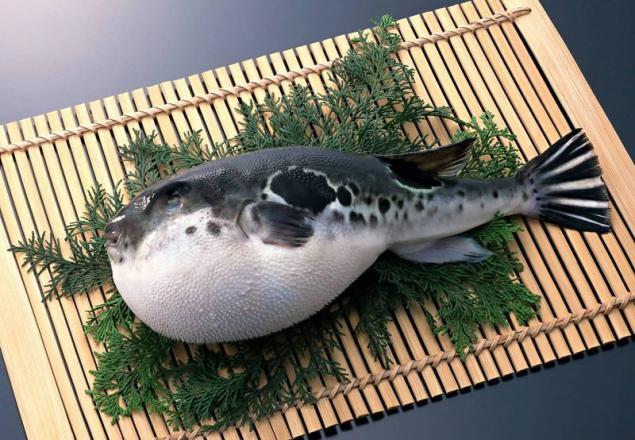
Horsemeat
In most states, it is theoretically possible to try horse meat, but the killing of horses for the purpose of food is prohibited. At the same time, some slaughterhouses in the US export horse meat to other countries. In June 2010, the US Congress voted to extend the law on the protection of wild nomadic horses and donkeys, which prohibits the slaughter of these animals.
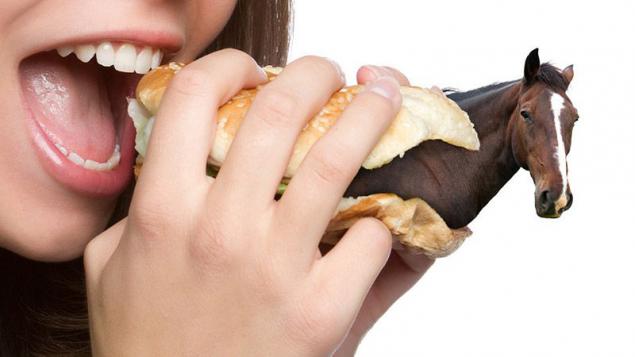
Shark fins
Fishing for shark fins is prohibited in the United States, as mutilated animals thrown back into the ocean, can not effectively move and hunt, so suddenly dies. Dishes of shark fins are considered a luxury, and they can be used legally.
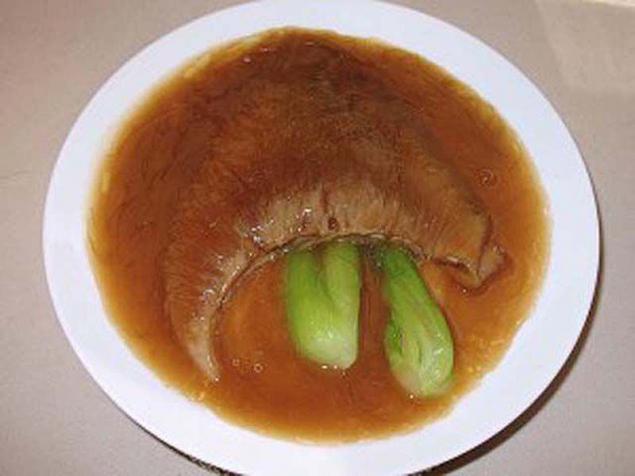
Redfish
Selling perch for profit is prohibited in all US states except Mississippi. US Department of Commerce imposed a ban on the fishing of perch in 1986, to increase its population, which has declined sharply due to the craze of the fish dishes.
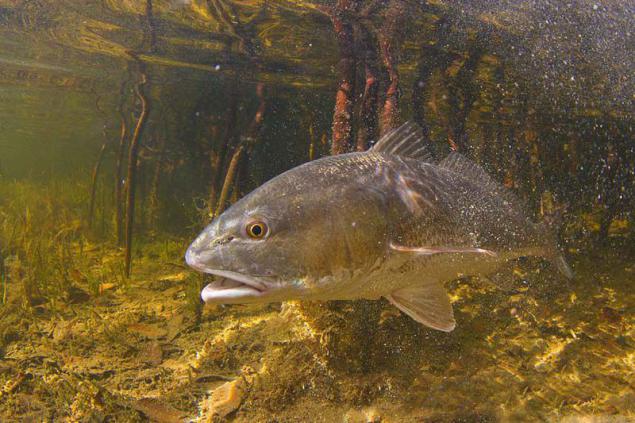
Ortolan
In Europe, this bird is protected by law. Smuggling buntings in the United States is a crime. In France, gourmets have long appreciated the great taste of this bird, because of which sharply reduced the number of buntings, and shooting became illegal. Birds are usually caught, gouged out their eyes, then placed in a cell, where, how and ducks for foie gras, forcibly fattened to enormous size. Then the bird drowned in brandy, roasted and eaten whole.
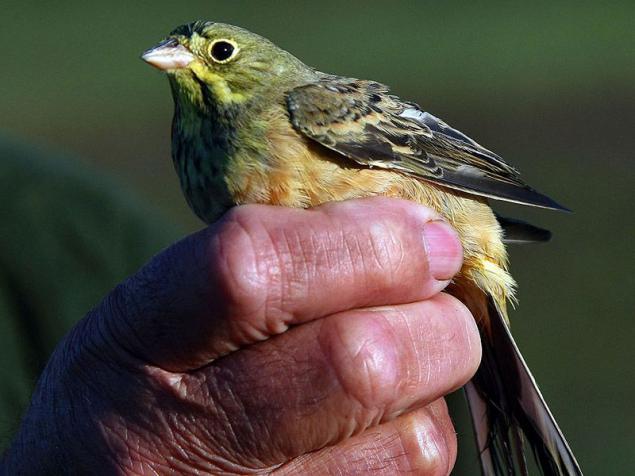
Spit Marzio
It is a traditional cheese from Sardinia, which is made from another cheese - pecorino. His usual kept longer fermentation stage, leading to a state of decay caused by the digestive activity of larvae of the cheese fly. Larvae accelerate the breakdown of fat, which is why cheese becomes soft. Those who wish to enjoy a scythe Marzio recommended while eating to protect the eyes, because the larvae are able to jump to a distance of 15 centimeters. Some prefer to remove the larvae before eating, while others eat the cheese with them.
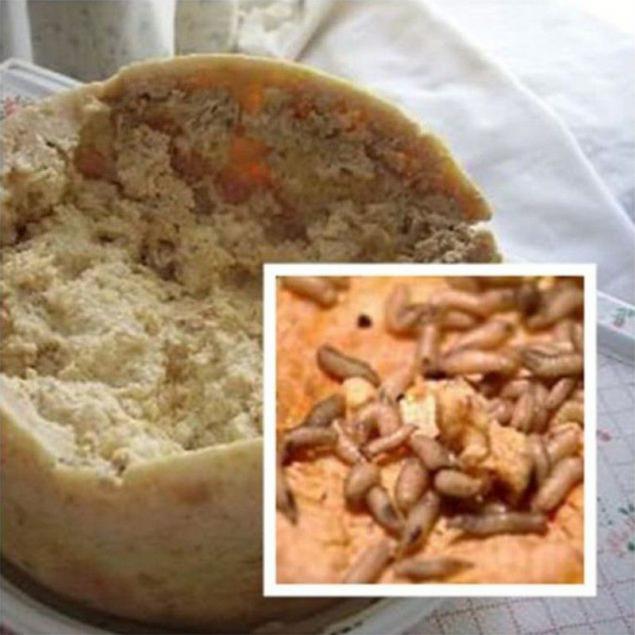
Haggis
Haggis was banned in America because of the fact that one of its ingredients are sheep lungs. The heart, liver and stomach ram also included in the dish, the US government considered suitable for food.
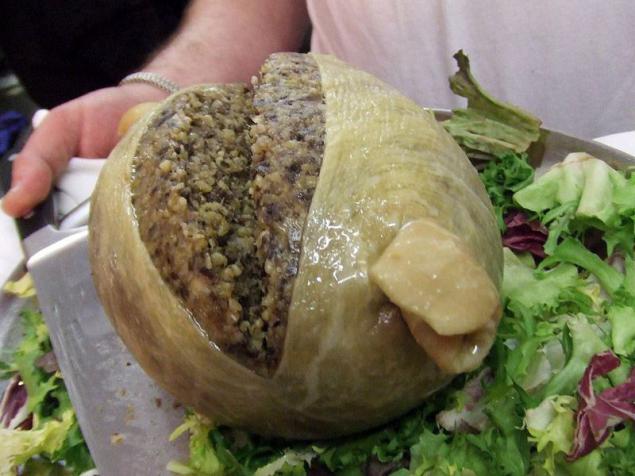
Foie gras
Delicacies prepared from the liver of a duck or goose, was banned in Chicago from 2006 to 2008, as City Council members considered the procedure inhumane force-feeding animals. 8 days prior to slaughter the goose injected a huge amount of corn mash, which is why the liver is increased by 10 times. In 2012, the prohibition of forced-fed animals was introduced in California.
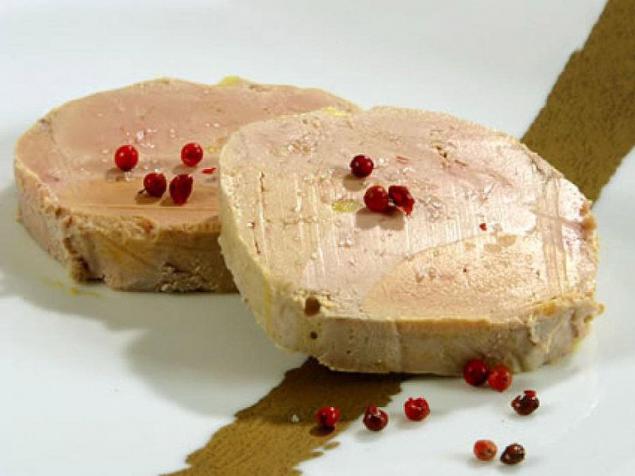
Cake from pig blood
This Taiwanese delicacy consisting of rice and pig blood on a stick. And though hardly an American hot dog food is more useful than a dish yet from pig's blood cake is banned in the US since considered unsanitary.
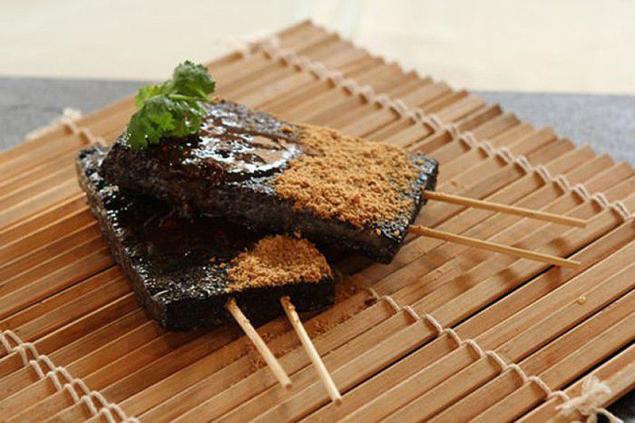
Unpasteurized milk
More than 20 US states have banned the sale of raw milk. In some states permitted the sale of raw milk that comes from private farms in small quantities. Unpasteurized milk is an everyday staple food until the early 19th century, then in agriculture started to introduce technology pasteurization designed to make milk more secure. Laws prohibiting the use of raw milk, are aimed at protecting consumers from harmful germs and bacteria. However, proponents of raw milk argue that the health standards applied in agriculture, produce absolutely safe for the health of the milk.
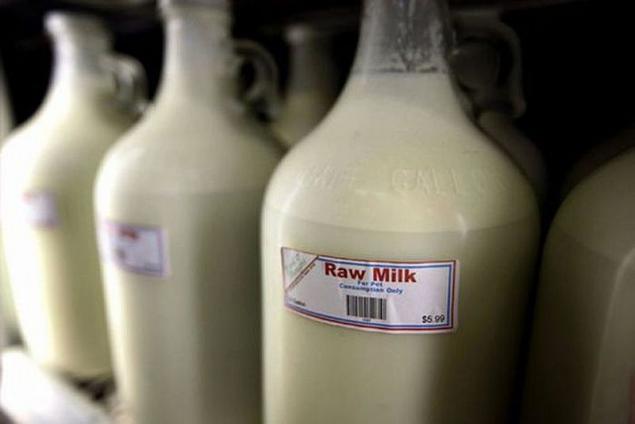
Absinthe
Absinthe was banned in the US in the early 20th century, and in 1997 the drink was allowed to import under the strict supervision of the Office of FDA Food. And the reason for that herb wormwood, from which absinthe is obtained. It contains a substance thujone, which is considered a strong hallucinogen and is addictive.
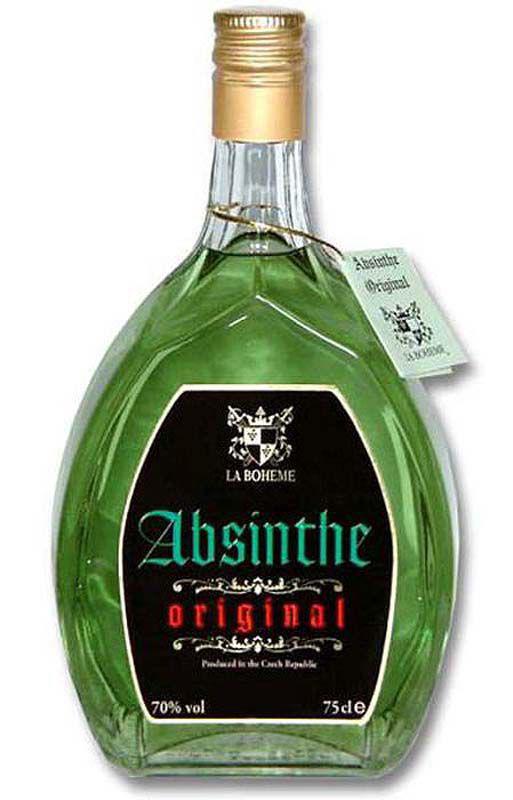
Aki
Due to the toxicity of the pear-shaped fruit called Aki prohibited grown and imported into the United States. Aki is the national fruit of Jamaica and contains poison gipoglitsin, which can lead to poisoning, coma and even death.
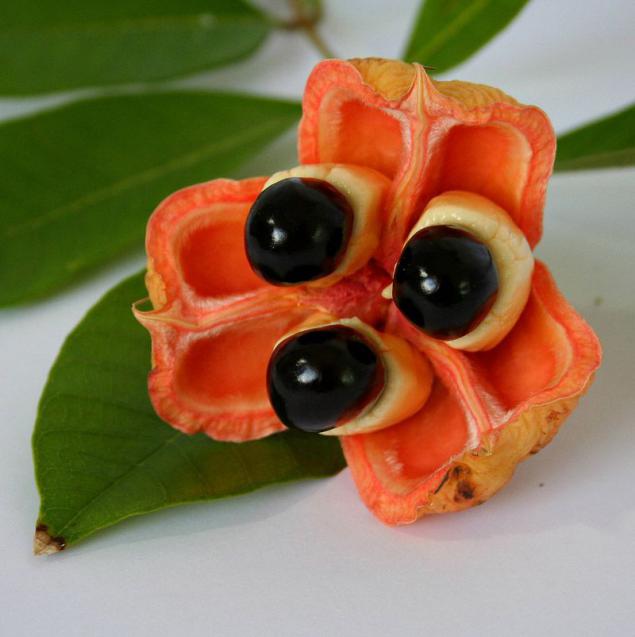
Source: bigpicture.ru
Cooking and selling the fish without a license in the United States illegally. In the European Union's trade and fugue is strictly prohibited. And all because the scales and internal organs are very poisonous puffer and contain tetrodotoxin - poison neuroparalytic action, causing asphyxia. In Japan, the ban on long-puffer canceled - dish of this fish are considered a delicacy, and are sold in the local restaurants.

Horsemeat
In most states, it is theoretically possible to try horse meat, but the killing of horses for the purpose of food is prohibited. At the same time, some slaughterhouses in the US export horse meat to other countries. In June 2010, the US Congress voted to extend the law on the protection of wild nomadic horses and donkeys, which prohibits the slaughter of these animals.

Shark fins
Fishing for shark fins is prohibited in the United States, as mutilated animals thrown back into the ocean, can not effectively move and hunt, so suddenly dies. Dishes of shark fins are considered a luxury, and they can be used legally.

Redfish
Selling perch for profit is prohibited in all US states except Mississippi. US Department of Commerce imposed a ban on the fishing of perch in 1986, to increase its population, which has declined sharply due to the craze of the fish dishes.

Ortolan
In Europe, this bird is protected by law. Smuggling buntings in the United States is a crime. In France, gourmets have long appreciated the great taste of this bird, because of which sharply reduced the number of buntings, and shooting became illegal. Birds are usually caught, gouged out their eyes, then placed in a cell, where, how and ducks for foie gras, forcibly fattened to enormous size. Then the bird drowned in brandy, roasted and eaten whole.

Spit Marzio
It is a traditional cheese from Sardinia, which is made from another cheese - pecorino. His usual kept longer fermentation stage, leading to a state of decay caused by the digestive activity of larvae of the cheese fly. Larvae accelerate the breakdown of fat, which is why cheese becomes soft. Those who wish to enjoy a scythe Marzio recommended while eating to protect the eyes, because the larvae are able to jump to a distance of 15 centimeters. Some prefer to remove the larvae before eating, while others eat the cheese with them.

Haggis
Haggis was banned in America because of the fact that one of its ingredients are sheep lungs. The heart, liver and stomach ram also included in the dish, the US government considered suitable for food.

Foie gras
Delicacies prepared from the liver of a duck or goose, was banned in Chicago from 2006 to 2008, as City Council members considered the procedure inhumane force-feeding animals. 8 days prior to slaughter the goose injected a huge amount of corn mash, which is why the liver is increased by 10 times. In 2012, the prohibition of forced-fed animals was introduced in California.

Cake from pig blood
This Taiwanese delicacy consisting of rice and pig blood on a stick. And though hardly an American hot dog food is more useful than a dish yet from pig's blood cake is banned in the US since considered unsanitary.

Unpasteurized milk
More than 20 US states have banned the sale of raw milk. In some states permitted the sale of raw milk that comes from private farms in small quantities. Unpasteurized milk is an everyday staple food until the early 19th century, then in agriculture started to introduce technology pasteurization designed to make milk more secure. Laws prohibiting the use of raw milk, are aimed at protecting consumers from harmful germs and bacteria. However, proponents of raw milk argue that the health standards applied in agriculture, produce absolutely safe for the health of the milk.

Absinthe
Absinthe was banned in the US in the early 20th century, and in 1997 the drink was allowed to import under the strict supervision of the Office of FDA Food. And the reason for that herb wormwood, from which absinthe is obtained. It contains a substance thujone, which is considered a strong hallucinogen and is addictive.

Aki
Due to the toxicity of the pear-shaped fruit called Aki prohibited grown and imported into the United States. Aki is the national fruit of Jamaica and contains poison gipoglitsin, which can lead to poisoning, coma and even death.

Source: bigpicture.ru
Press - conference of Yulia Lipnitskaya in Moscow school №1270
You are very lucky if you do not have an allergic reaction to a bee sting.
























